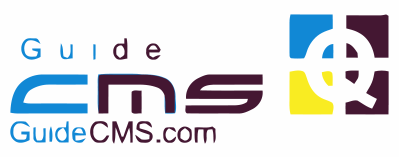C Programming Language
General Description
The C programming language, developed by Dennis Ritchie between 1969 and 1973 at AT&T Bell Labs, is one of the most influential and widely used languages in software development. It is a low-level language that offers great flexibility while allowing developers to write highly efficient programs in terms of speed and memory management. C is primarily used to develop operating systems, embedded applications, and software that require optimal performance.
Technology Used
C is a procedural language, meaning that programs are structured in functions that interact with each other. It is commonly used in environments where direct memory access is crucial, such as embedded systems, supercomputers, or databases. C is a compiled language, which is directly translated into machine code, giving it fast execution times.
Advantages
- Efficiency: C is renowned for its ability to produce fast and memory-efficient programs
- Portability: C programs can be executed across a wide range of machines and platforms
- Modularity: C allows programs to be divided into reusable functions, which makes maintenance and debugging easier
- Direct memory control: C provides powerful memory management capabilities using pointers
- Large ecosystem and community support: C has a wealth of libraries and a large developer community
Disadvantages
- Manual memory management: While powerful, memory management in C can lead to errors like memory leaks or buffer overflows
- No built-in error handling: Unlike some modern languages, C lacks native exception handling mechanisms
- No object-oriented programming (OOP) support: C does not natively support OOP features, which limits some functionalities found in languages like C++ or Java
- Steep learning curve: C is considered difficult to master, especially due to its low-level nature
Founding Date
The C language was created in 1972 by Dennis Ritchie. It evolved from the B language and quickly gained popularity for its flexibility and ability to write system software
License
C is an open-source language. The widely used GCC (GNU Compiler Collection) for compiling C programs is licensed under the GPL (General Public License), meaning it is free and its source code is accessible to all
Conclusion
C remains essential in areas where performance and precise control over resources are critical. While it has a steeper learning curve compared to more modern languages, it provides a solid foundation for understanding low-level programming concepts and continues to play a central role in system and embedded software development.



